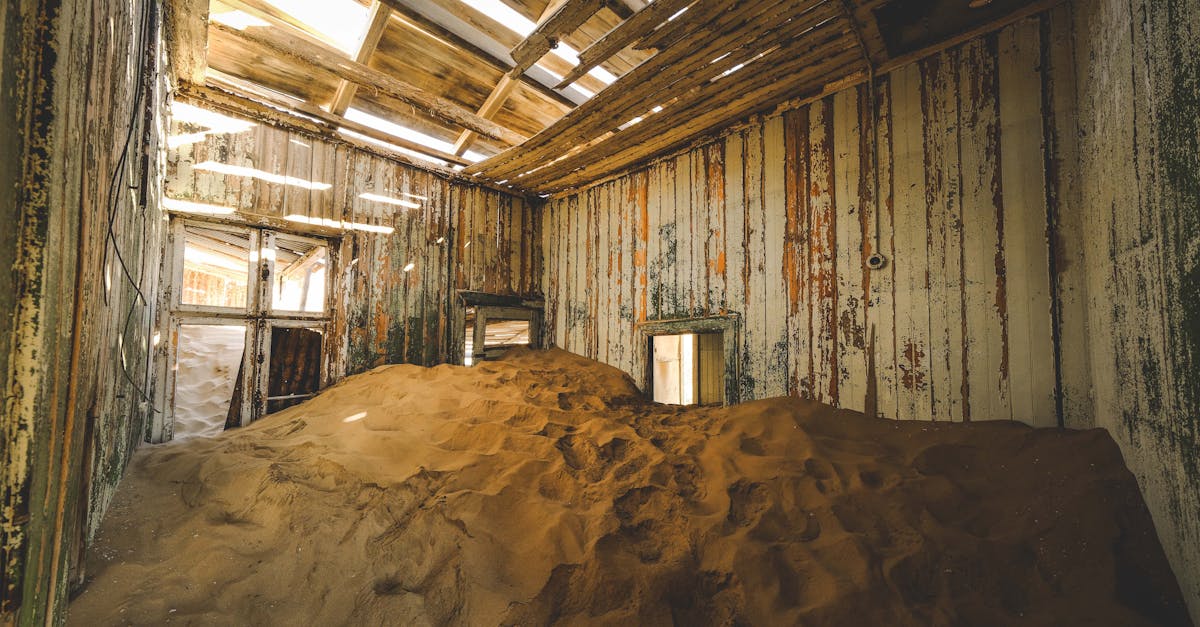 Enhancing the Longevity of Standing Seam Metal Roofing through Coatings
Enhancing the Longevity of Standing Seam Metal Roofing through CoatingsInnovative Corrugated Metal Roofing Material Options
Performance in Extreme Weather Conditions
Corrugated metal roofing is renowned for its ability to withstand severe weather conditions, making it a popular choice in regions prone to such extremes. The material's inherent properties ensure it remains intact during heavy rainfall or storms. Its structure provides excellent durability against hail and flying debris, reducing the risk of damage that other roofing materials might suffer. Additionally, the sloped design allows for effective water drainage, preventing pooling that could lead to leaks.
In areas prone to extreme heat, corrugated metal roofs can reflect sunlight effectively, helping to regulate indoor temperatures. This reflective feature not only enhances energy efficiency but also protects the roofing material from thermal expansion and contraction. The resilience of metal also means it can withstand high wind speeds, providing homeowners with confidence and protection regardless of the elements. Proper installation and high-quality materials further reinforce these benefits, ensuring performance in even the most challenging climates.
Resistance to Heat, Rain, and Wind
Corrugated metal roofing is designed to withstand extreme weather conditions, making it a popular choice in regions that experience harsh climates. Its durability and strength help it resist the damaging effects of intense heat. Manufactured with high-quality materials, these roofs reflect sunlight, reducing heat absorption and keeping interiors cooler. This characteristic ensures energy efficiency, leading to lower cooling costs during hot summer months.
Rain is another element that corrugated metal handles exceptionally well. The sloped design allows water to run off efficiently, minimising the risk of leaks and water damage. Additionally, the paint finishes used on these roofs often contain protective coatings that resist rust and corrosion, further enhancing their ability to endure wet weather. Wind resistance is equally impressive; metal roofing panels are secured tightly to withstand even the strongest gusts, providing peace of mind during stormy conditions.
Maintenance Tips for Corrugated Metal Roofing
Regular inspections are crucial for prolonging the lifespan of corrugated metal roofing. Homeowners should check for rust, dents, and loose fasteners at least twice a year. Clearing debris, such as leaves and branches, from the roof's surface and gutters will prevent water accumulation and reduce the risk of corrosion. A clean roof promotes efficient water runoff and enhances the aesthetic appeal of the property.